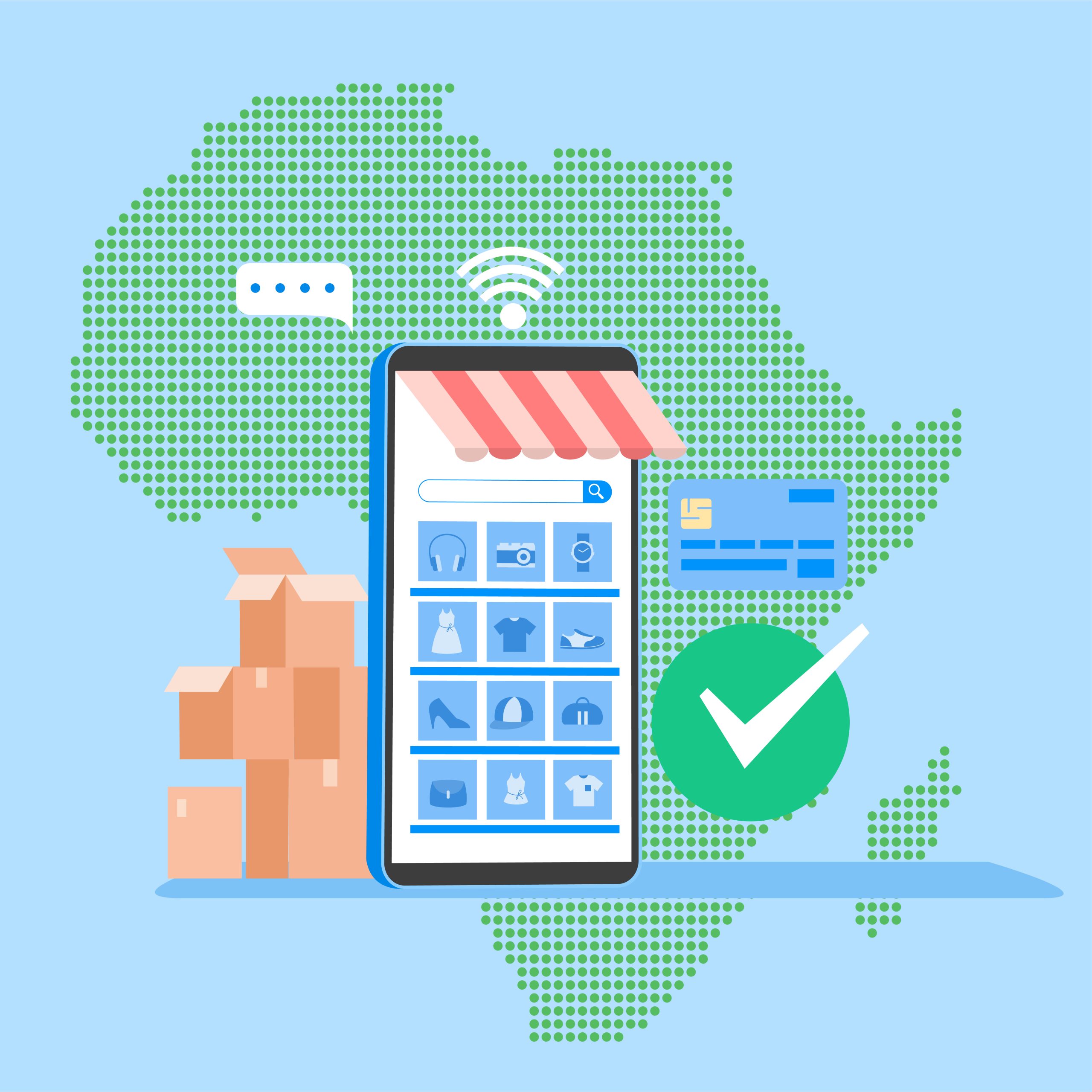E-commerce in Africa: A rapidly growing market expected to reach $180 billion by 2024

According to the report “Future of Commerce: Outlook for 2024” published by the consulting firm McKinsey & Company, e-commerce in Africa is expected to reach $180 billion by 2024. This represents a growth rate of 25% per year, compared to 15% globally.
This growth is driven by several factors, including:
- Population growth: Africa is the world’s youngest continent, with a population of over 1.3 billion people, of which 60% are under 25 years old. This growing population has a growing purchasing power and is becoming increasingly connected to the internet.
- Urbanization: Africa is undergoing rapid urbanization, with an urban population that is expected to increase from 400 million to 1.3 billion by 2050. This urbanization is leading to the growth of urban middle classes, who are more likely to shop online.
- Infrastructure development: Africa is experiencing significant infrastructure development, including telecommunications networks. This is facilitating access to the internet and e-commerce.
Opportunities in African e-commerce
The McKinsey & Company report identifies several opportunities for businesses that want to expand into the African e-commerce market. These opportunities include:
- On-demand delivery: Africa is a continent where people are often mobile and need products and services quickly available. Businesses that offer on-demand delivery services have a competitive advantage.
- Local products and services: African consumers are increasingly interested in local products and services. Businesses that offer products and services made in Africa have significant growth potential.
- Low-cost products and services: African consumers are often looking for low-cost products and services. Businesses that offer products and services at competitive prices have a competitive advantage.
Challenges in African e-commerce
However, the African e-commerce market faces several challenges, including:
- Low internet penetration: Africa is the continent with the lowest internet penetration. This limits the number of potential customers for e-commerce businesses.
- Limited infrastructure: Africa is the continent with the most limited infrastructure. This can lead to delivery and payment problems for e-commerce businesses.
- Lack of regulation: E-commerce regulation is underdeveloped in Africa. This can create uncertainty for businesses that want to expand into this market.
The African e-commerce market is today a rapidly growing market that offers many opportunities. However, various actors must be aware of the challenges associated with it if they want to develop in this market.





